International funding rules could severely restrict the amount of money payable to farmers through eco-schemes in the next CAP, the lead negotiator for the European Parliament has warned.
Eco-schemes will account for between 20% and 30% of Ireland’s €1.2bn annual direct payment budget.
While it will be voluntary for farmers to take part, those who opt out will lose a significant portion of their CAP payment.
Norbert Lins, chair of the European Parliament’s agriculture committee and its chief CAP negotiator, has warned that farmers will only be compensated for measures undertaken, and they will not be financially incentivised in any other way.
The Parliament wants to introduce a system that not only reimburses farmers for farming in a more sustainable way but also gives them extra money, Lins told an Irish Farmers Journal webinar on Monday.
However, he said the European Commission believes such a system may be in breach of the World Trade Organisation’s (WTO) agricultural subsidy rules.
If it stays like this, I think the new eco-scheme element won’t fly for farmers
This would limit eco-scheme payments to an income foregone-costs incurred system, similar to GLAS payments.
It means farmers could only receive a payment that covers the cost of implementing an eco-scheme measure and compensates them for income lost on the area where the measure is carried out.
“If it stays like this, I think the new eco-scheme element won’t fly for farmers because incentives are the main component to make the eco-schemes successful,” Lins said.
Minister of State at the Department of Agriculture, Senator Pippa Hackett expressed concern at the interpretation.
“Not every environmental measure on a farm necessarily costs money for the farmer,” Minister Hackett said.
“A very simple example is not cutting one’s hedges every year and leaving them every two or three years. That’s not an income foregone, money hasn’t been spent to do that. So I’d be interested to understand why we would limit it to that because there are so many things we can be doing on our farms that are easy and accessible for farmers.”
The minister stressed that accessibility for farmers will be one of the most important element of eco-schemes.



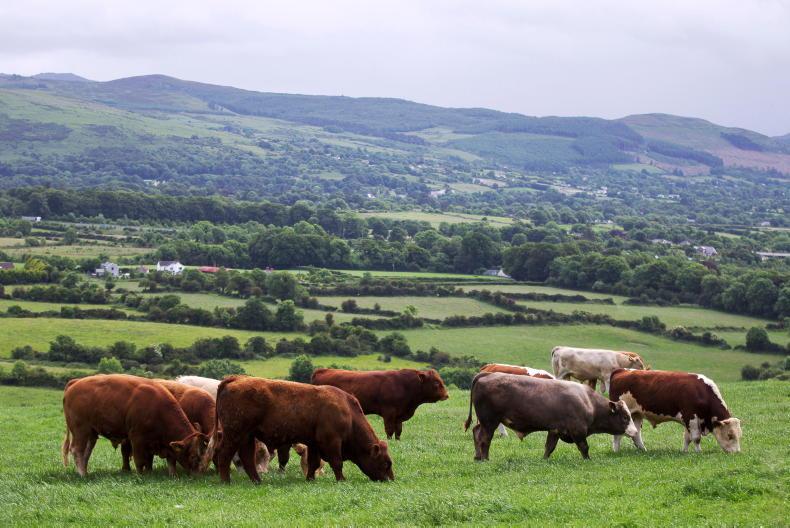

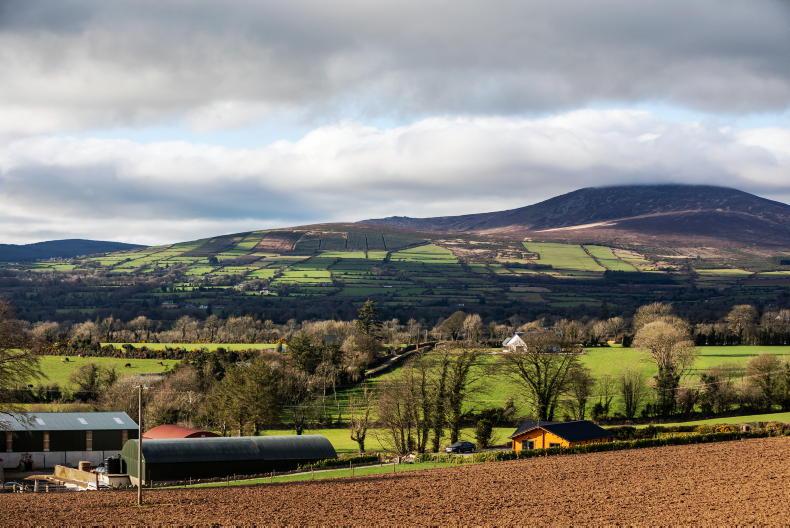

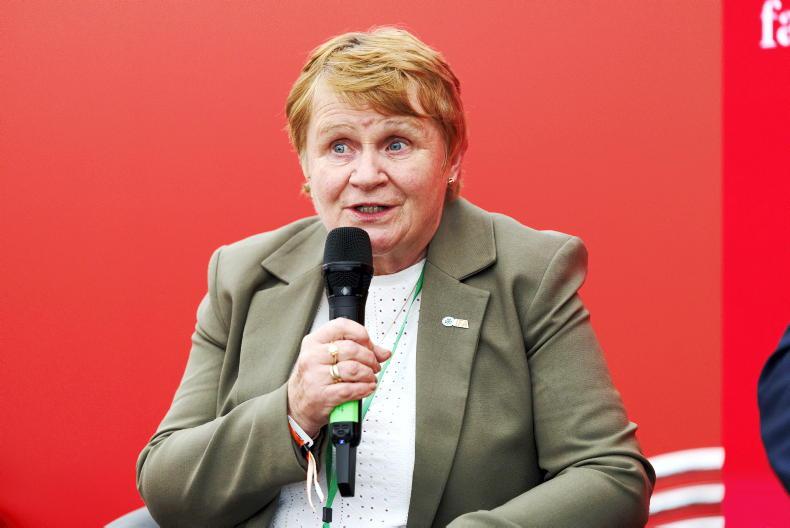
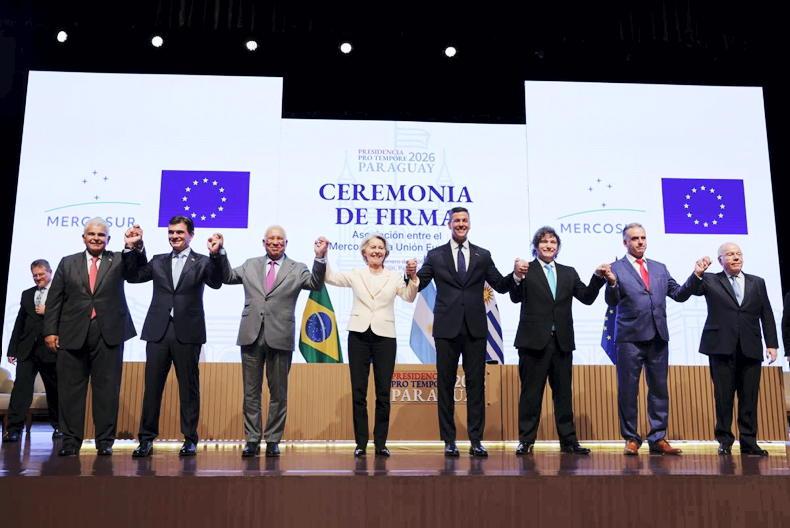
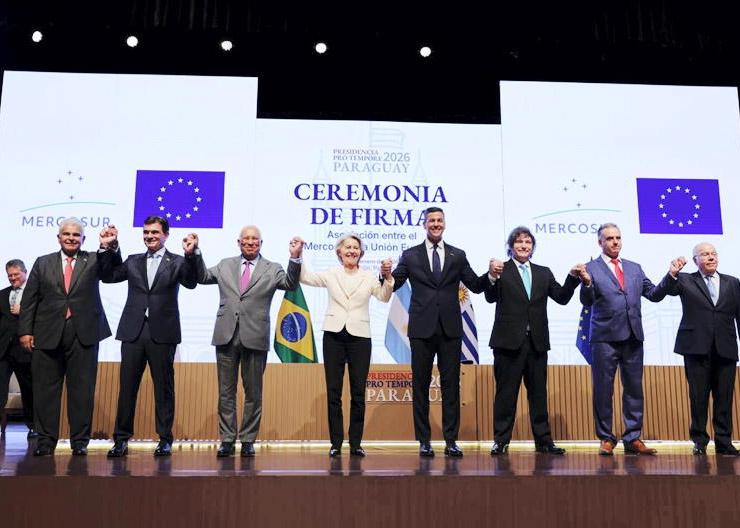
SHARING OPTIONS